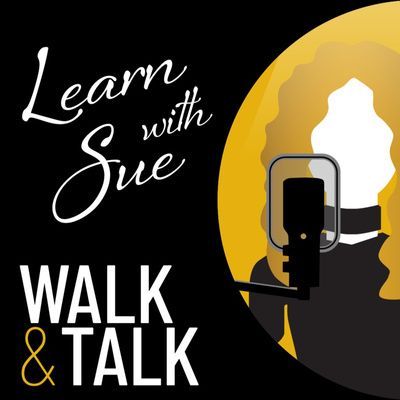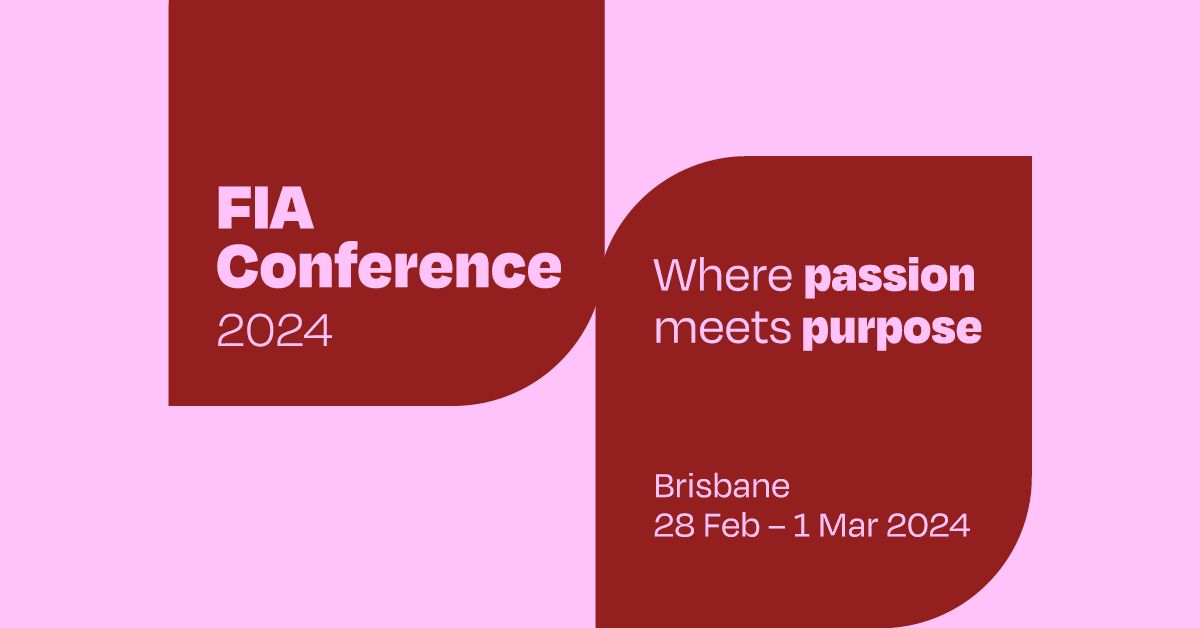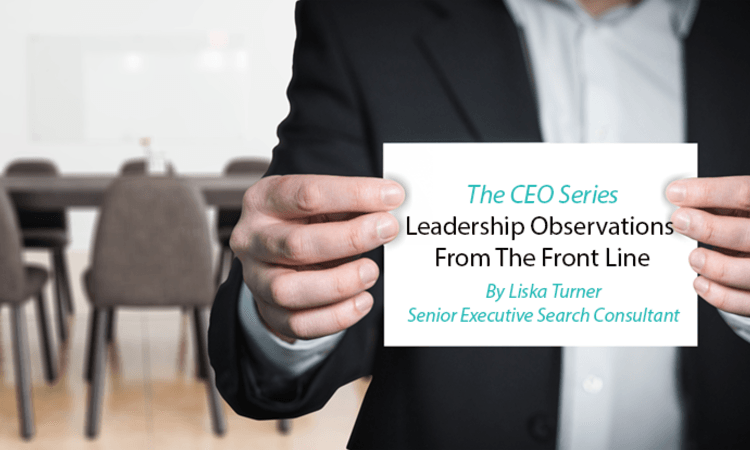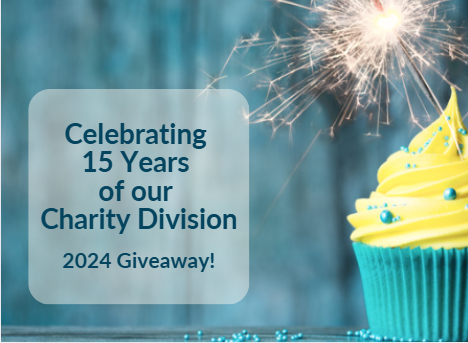The CEO Series: Q&A with Rebecca Fletcher, CEO at Unisson Disability
The CEO Series: Leadership Observations From The Front Line
 Rebecca Fletcher, CEO at Unisson Disability
Rebecca Fletcher, CEO at Unisson Disability
Rebecca is passionate about continuing the legacy that Dr Lorna Hodgkinson commenced in 1924 in enabling people with disabilities to be contributing and valued members of their community.
Unisson Disability’s story begins in 1924 when Dr Lorna Hodgkinson – a remarkable Australian of great dedication and vision – established The Sunshine Institute. In 2017 Sunshine rebranded to Unisson Disability emphasising Unisson’s focus on working together in the interests of clients and family members.
Rebecca holds formal tertiary and postgraduate qualifications in Accounting, Human Resources Management, Company Director, NFP Management, and Teaching, and was recently accepted as a Fellow with the Australian Institute of Company Directors. In her spare time, she serves as a Director of an Aged Care facility based in Sydney.
Q: CEO’s lead from the front. What are the most important decisions you make as a leader of your organisation?
A: Early on in my career as a CEO, I resolved to maintain consistency and transparency in my approach to my job, whether it is about dealing with external people, with a direct report or a grass root employee. I am myself wherever I am. I have no façade or another persona. What you see is what you get. People know what to expect from me.
For me one of the most important decision is building a dynamic, engaged and passionate team that embodies the mission and values of the organisation. Finding, keeping the right people and quickly moving on those who don’t is a must. My process is decisive and transparent but compassionate, hard to do but very worthwhile for both parties. I still catch up with a few people that I have let go.
Q: Culture was identified as a priority for 2018 in the 2017 AICD NFP Governance and Performance Study. How do you help a new employee understand the culture of your organisation?
A: There are a number of ways that I believe we support new employee to understand our culture. The main one is through a shared language. Here at Unisson we have a shared language around how we support people. There are also several drivers used to communicate our culture and indeed the importance of culture in the organisation. It starts with the recruitment process which is values driven; the role profiles go on to articulate these further and is contextualised by our capability framework and a strong customer focus.
The Art of Human Connection, our long-term strategic initiative engagement program is rolled out twice a year and seeks to share our approach and values with new employees as they start with us. This program provides all our employees the knowledge and skills to create stronger, more meaningful connections with the people we support, their families and indeed the whole staff team. These values and approaches contribute to the shared language used in our practice support meeting and reflective supervision for all staff. The language and sentiments are used in all communication to staff and desired behaviours modelled by members of the leadership team.
Q: No business operates in isolation. When you’re considering partnering with another person or business, what factors are deal-breakers for you?
A:I generally first turn to people I have successfully worked with in the past, those who I have built a relationship with, trust their work etc.
For new partners I look for an alignment in communication styles, a synergy in their business values to our own as well as their ability to grasp the concepts and complexities of our business quickly. I take necessary steps to uncover these attributes before working with them. If they don’t align I won’t proceed.
I also check if there is preparedness to develop a relational approach or trust building. If this is non-existent, then it would influence my decision to partner or not. Another deal breaker is when we are not ethically aligned. For us, at the core of the work we do is always what is in the best interest of people with a disability.
Finally, reputation is important. So, if we are partnering with other business it is important to consider that business’ reputation and check in our alignment with that reputation.
Q: Succession planning is key to building a sustainable organisation. How do you choose who to promote?
A: Firstly, I look at the behaviour of the person when working with their colleagues. The way in which they lead/ participate in the conversation, giving other people a chance to express their opinion, recognising a good idea when it is presented and the humility to say, “I don’t know but let me find out if I can find someone that knows”.
I also take into consideration their personal values and their alignment with our values – how they build relationships within the workplace, how they communicate with others etc. I also consider their natural leadership ability and what this might look like with further development.
The person would have had a proven track record– not necessarily about always getting it right but being able to identify when they have not gotten it right and will reflect on that and learn from it. These traits I believe are important in a leader.
Q: The role of CEO is quite unique. What advice would you give someone going into a CEO leadership position for the first time?
A: Be yourself, be consistent and trust your instincts. You may get it wrong to start with but as you continue to ‘feel and live’ the job, you will soon know your instincts are almost always right. I would say that there will be times when you will make mistakes, we all do. When that happens, own up to it but recover quickly. Do not punish yourself unnecessarily.
Find a person external to the organisation that you trust whom you can call to either “steam off” or to debrief. Believe me, you will need it.
Q: What leadership decision are you most proud of?
A: Building the organisation’s culture, I consider to be my most important and therefore proud of that decision though I don’t like that word proud. To me it connotes arrogance.
Liska Turner is an executive recruiter that specialises in the For-Purpose Sector. She works with Boards and CEO’s to build sustainable organisations through connecting people and ideas. She can be contacted at liska@beaumontpeople.com.au or 02 9279 2777.
Share This blog
Recent Articles










